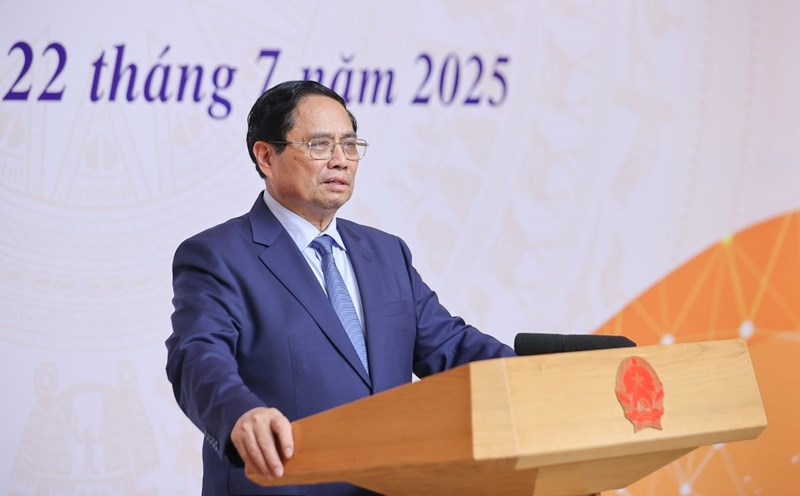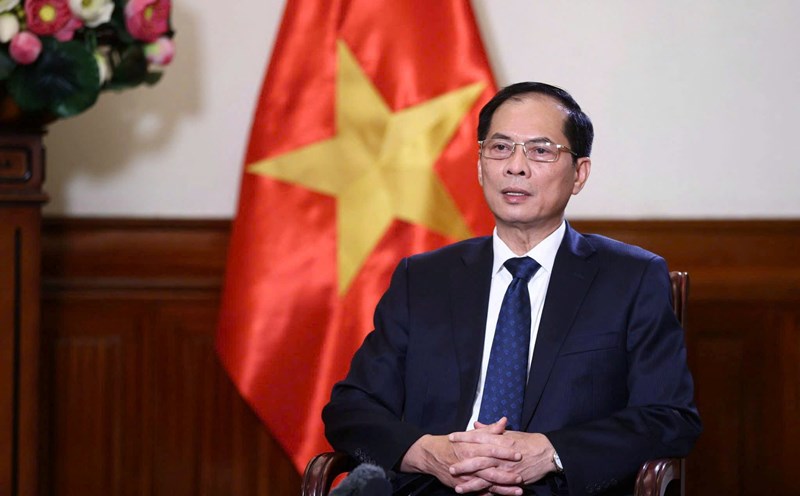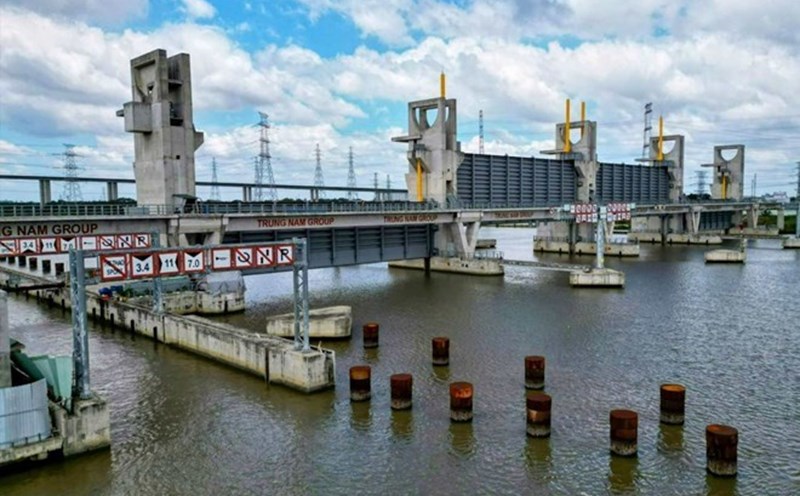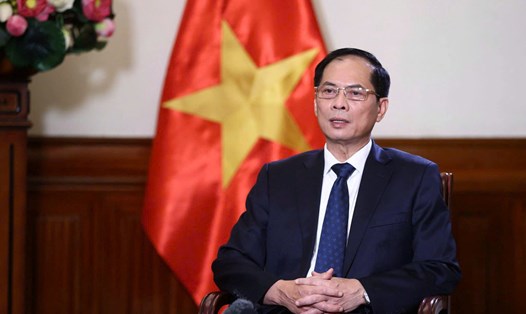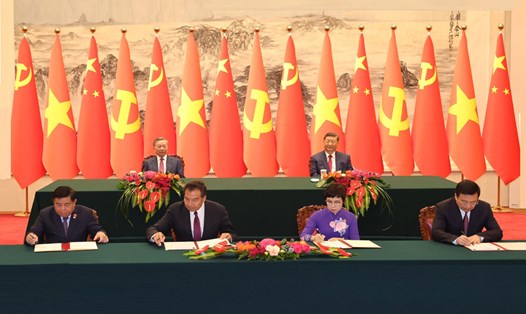According to Deputy Minister of Foreign Affairs Nguyen Minh Hang, after nearly 4 decades of renovation, Vietnam is standing at the threshold of a new era - the era of national growth; an era of development, prosperity, civilization, and prosperity, towards the two strategic goals of 100 years of the Party's founding (2030) and 100 years of the country's founding (2045). This is a period of strong transformation of the country in terms of thinking, action and aspiration, a continuation of the nearly 40-year journey of innovation to "rise up, make breakthroughs and develop remarkably"; a vision for rapid, sustainable, independent and self-reliant development.
Deputy Minister Nguyen Minh Hang said that this context requires a comprehensive and profound change in all fields, in which economic diplomacy serving development must be one of the pioneering spearheads. To meet the requirements of the new situation, economic diplomacy needs to have a strong transformation in all aspects.
Regarding goals, move from " quantity" to "quality", from attraction to creation. In the spirit of Resolution 59 on International integration in the new situation, Vietnam's economic diplomacy will not only stop at "coming behind" and "participating and joining" but also expect to contribute " turure and strength" to "build and shape" cooperation frameworks, optimize resources for development, thereby laying a solid foundation for a new development space for the country.
The content of economic diplomacy will also not only promote trade and investment, but also expand to new, more specialized contents such as science and technology diplomacy, green diplomacy, etc. It can be seen that recently, during the State visit to Korea by General Secretary To Lam, we have had a strategic transformation from economic cooperation to economic linkages, thereby opening up new opportunities in creating and attracting resources.
Regarding methods, closely following the major policies and guidelines of the Party and State, with the motto " proactive - creative - synchronous - effective", economic diplomacy needs consensus, coordination, and closer connection between entities, between domestic and foreign countries, between foreign pillars, between the Ministry of Foreign Affairs and ministries, branches, localities, and associations/businesses. In particular, creativity in using technology as leverage, especially artificial intelligence to serve the work of analysis, evaluation and policy development; proactively forecasting, early warning of trends, situations and proposing policies and response measures; strengthening the connection between businesses - State - foreign partners; effectively exploiting multi-layered levels of international relations, both bilateral, multilateral, and sub-regional, regional and inter-regional linkages.
Regarding subjects, based on the guiding viewpoint of the "four pillars" of the Resolution that has just been issued, there needs to be a fundamental adjustment of subjects as the center of service to contribute to increasing autonomy, improving internal strength and competitiveness of the economy.
According to Deputy Minister Nguyen Minh Hang, with the above new approaches, economic diplomacy to serve development in the coming time needs to sharpen the economic content in foreign affairs activities, especially high-level foreign affairs; focus on specific programs, projects, and products of strategic and feasible significance.
Continuously renewing traditional growth drivers, exploiting to the maximum and effectively the signed FTAs, expanding and accessing potential markets ( Middle East, Latin America, Central Asia, etc.).
Promoting new growth drivers, especially science, technology and innovation, as General Secretary To Lam emphasized, "Science, technology, innovation and digital transformation are strategic breakthroughs, the main driving force to promote the modernization of the country, innovation of national governance methods, and rapid and sustainable socio-economic development".

